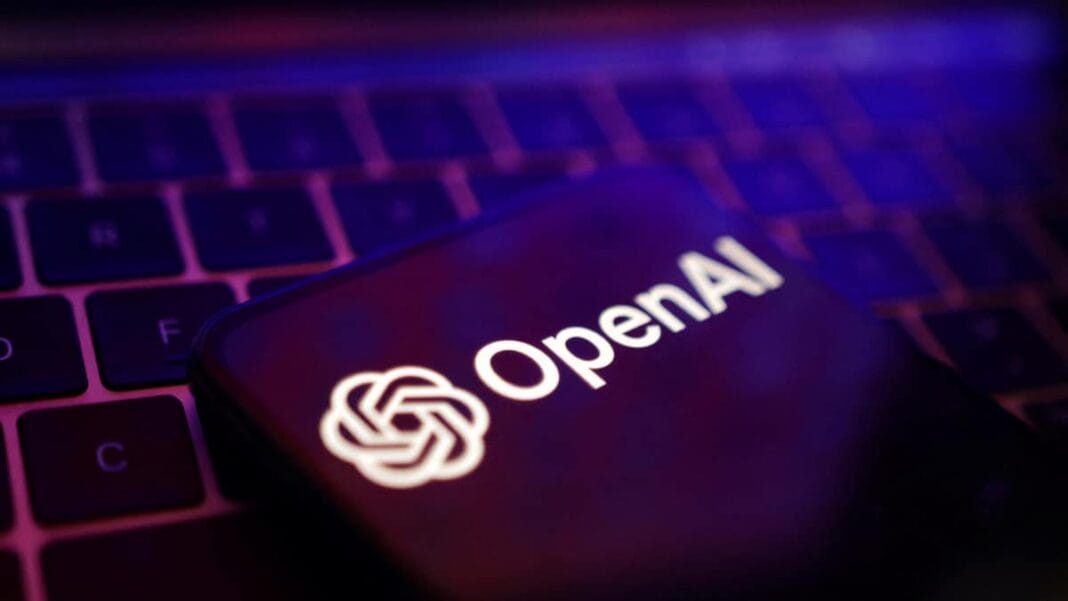Canadian News Media Companies Sue OpenAI
In a surprising turn of events, five major Canadian news media companies have filed a legal action against OpenAI, the owner of ChatGPT, accusing the artificial intelligence company of regularly breaching copyright and online terms of use. The case is part of a growing trend of lawsuits against tech companies by content creators over the use of their work to train generative AI systems. Microsoft, a major backer of OpenAI, is also involved in the legal battle.
The plaintiffs, including Torstar, Postmedia, The Globe and Mail, The Canadian Press, and CBC/Radio-Canada, claim that OpenAI has been scraping their content without permission or compensation to develop its products. They argue that journalism is a public interest and that OpenAI’s actions are illegal and unethical.
In response, OpenAI has defended its practices, stating that its models are trained on publicly available data and comply with fair use and copyright principles. The company also highlights its collaboration with news publishers and offers them options to opt out of their system.
Full Review
The legal action filed by the Canadian news media companies alleges that OpenAI has been using their content without permission for commercial gain. The plaintiffs are seeking damages and a permanent injunction against OpenAI to prevent further unauthorized use of their material. They claim that OpenAI has not provided any compensation for using their intellectual property.
OpenAI, on the other hand, maintains that its practices are fair and grounded in copyright principles. The company emphasizes its collaboration with news publishers and the respect it has for creators’ rights. However, the ongoing legal battle raises questions about the boundaries of fair use in the context of AI technology.
Conclusion
The lawsuit between the Canadian news media companies and OpenAI sheds light on the complex relationship between technology, intellectual property, and journalism. As AI continues to advance, it is crucial to address ethical and legal considerations to protect the rights of content creators. The outcome of this case could have far-reaching implications for the future of AI development and content ownership.
FAQs
1. What are the Canadian news media companies accusing OpenAI of?
The Canadian news media companies are accusing OpenAI of regularly breaching copyright and online terms of use by using their content without permission or compensation.
2. What is OpenAI’s response to the allegations?
OpenAI maintains that its models are trained on publicly available data and comply with fair use and copyright principles. The company also collaborates with news publishers and offers them options to opt-out.
3. What are the plaintiffs seeking in the legal action?
The plaintiffs are seeking damages from OpenAI and a permanent injunction to prevent further unauthorized use of their material. They claim that OpenAI has not provided any compensation for using their intellectual property.
4. What implications does this lawsuit have for the future of AI development?
This lawsuit raises questions about the boundaries of fair use in the context of AI technology and could have far-reaching implications for the future of AI development and content ownership.
5. How does Microsoft factor into this legal battle?
Microsoft, as a major backer of OpenAI, is involved in the legal battle. The relationship between OpenAI and Microsoft adds another layer of complexity to the case.
6. How does this lawsuit impact the journalism industry?
This lawsuit highlights the importance of protecting the rights of content creators in the journalism industry and raises awareness about the ethical considerations of using AI technology in content creation.
7. What are the potential consequences for OpenAI if found guilty?
If found guilty, OpenAI could face significant damages and be required to cease using the plaintiffs’ content without permission. The case could also set a precedent for future legal disputes involving AI technology.
8. How can content creators protect their work from unauthorized use by AI systems?
Content creators can explore licensing agreements, copyright protections, and technological solutions to safeguard their work from unauthorized use by AI systems. Collaborating with AI developers in a transparent and mutually beneficial manner can also help mitigate potential legal issues.
9. What role does fair use play in the debate surrounding AI and content creation?
Fair use serves as a critical point of contention in the debate surrounding AI and content creation. Balancing the rights of content creators with the advancement of AI technology requires careful consideration of fair use principles and ethical practices.
10. How can the public support content creators in cases like this?
The public can support content creators by advocating for fair compensation, attribution, and respect for intellectual property rights. Raising awareness about the challenges content creators face in the digital age can help foster a more equitable and sustainable creative ecosystem.

